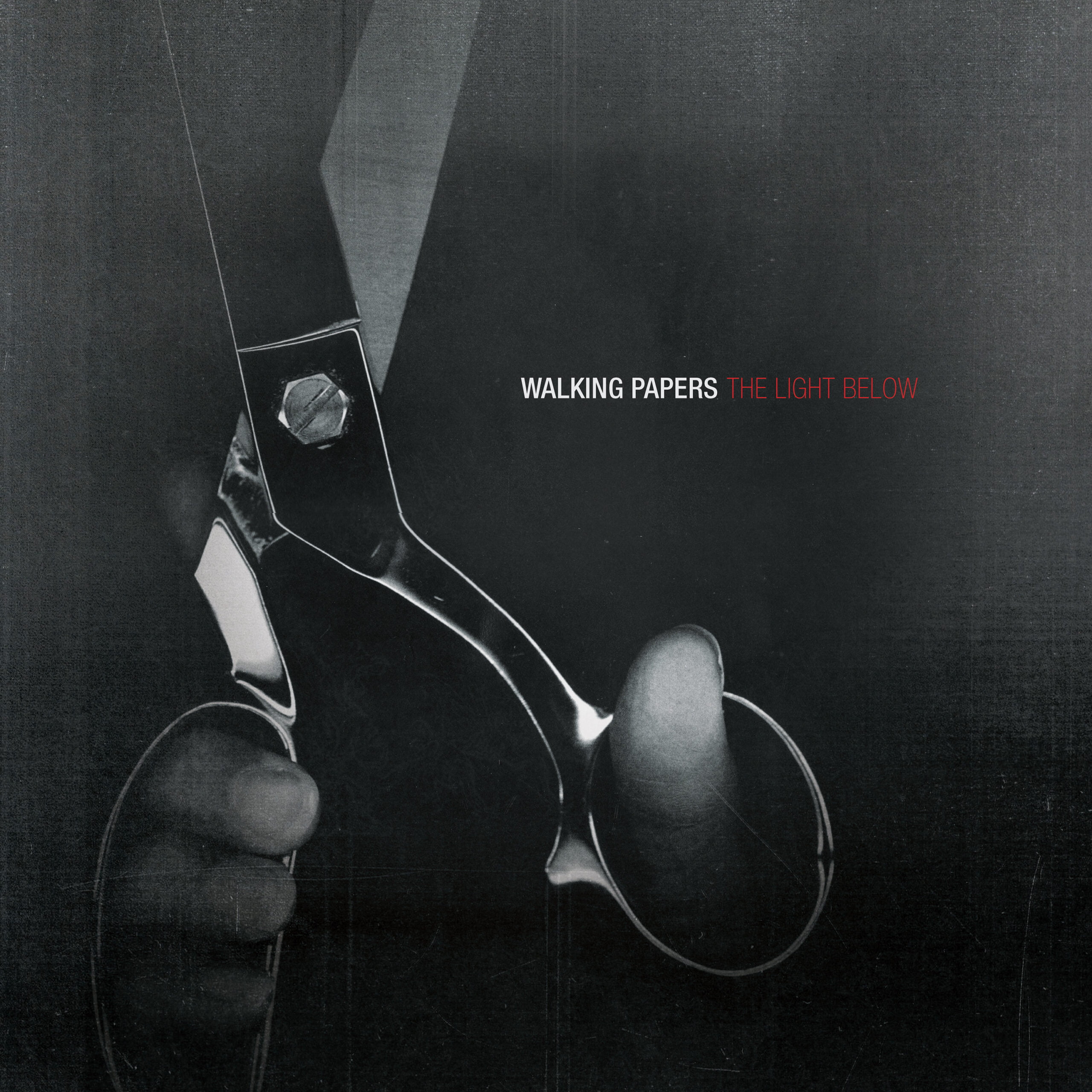

His mic stand-flinging alone would be a highlight if he weren’t such a masterful musician, and the unpredictability of his movement constantly kept the audience on the edge of a scream. Guitarist Tristan Hart Pierce made us hungry for every solo coming, nailing challenging licks (like those originated by Mike McCready in studio recordings), and making each one into an ephemeral work of art.Ī true frontman, Jeff Angell’s stage presence is so intense, it’s hard to determine what tricks he might have up his sleeve at any given moment. Deftly picking up both bass and guitar lines on saxophone, Gregor Lothian infused warmth and blues into their enveloping sound. Drummer Will Andrews was really on fire and kept pushing the pace, crushing the wild rhythms created by former drummer Barrett Martin, all while surging from loud to soft in a way that defies his medium. The upright bass wielded by Dan Spalding had been delicately raised onto the stage pre-show (prompting some “oohs” from onlookers) and it was a treat to watch him play it, adding texture and depth to their sinuous sound (and filling out sturdy lines from previous bassist Duff McKagan). Keyboardist Benjamin Anderson tore through his crucial melodies on keys and supplied resonant backing vocals, strands of dark hair flying in front of his eyes as he jammed. Getting a heavy dose of Walking Papers’ two albums in such close proximity was like falling into water after days in the desert.

Making fiery eye contact with every person possible, frontman Jeff Angell brought a performance that sent chills up the spine, as he’s known to do, his voice like a splash of black paint on white canvas. As they opened with a spooky, slowed-down version of “This Is How It Ends,” its beat enhanced by a clattering metal chain they’d brought along, it was instantly clear their NYC show would be something special. Getting to see an important band in a small venue is a concertgoer’s dream, but Walking Papers’ uniquely gripping presence makes it feel even more significant. Snaking alongside their fans in the dark, Walking Papers traversed the space in seconds and stepped up onto the stage, which suddenly felt jaw-droppingly tiny and close. Cheers tangled with the eerie “ Thesaurus Tuus” by Daniel Hart (from the soundtrack of A Ghost Story), which built a haunted-house level of suspense as it oozed into the room. It’s a pretty safe bet the resulting music will be good either way.Not long after, the lights went pitch black, signaling the imminent approach of the night’s headliners. It should be fun to figure out where this band goes after this, or if they go anywhere new at all. They put out exactly what they want to put out, and it’s a pretty great end result. In an era where rock music tries to embrace more electronic and commercial elements to their sounds, Walking Papers appear to not care about standing with that trend at all.

The only conceivable weakness is that there’s little to no variety in overall style, but that can be debated many times whether it’s a good or bad thing. Sure, there’s a ton of swagger on tracks such as opener “My Luck Pushed Back” and “Hard To Look Away,” but there’s also plenty of softer moments such as “Red and White” and “Don’t Owe Me Nothing.” Other interesting moments are the organ-heavy ‘70s style slow jam “This Is How It Ends” and bouncy garage-punk anthem “Somebody Else.” There are plenty of guitar solos throughout the album as well, all of which are downright sinful. Overall, this attitude makes WP2 a much more enjoyable listen as well. The distortion on the guitars is raw, the rhythm section has a tight groove and the keyboards add a fun flourish on top. Angell’s vocal delivery has a little bit of a sneer to it, which gives Walking Papers a more cocky appearance. For a modern rock record there are a lot of classic rock influences, probably brought together from McKagan and Martin’s longtime rock chops. One thing that jumps out is the album’s overall defiance and swagger.


 0 kommentar(er)
0 kommentar(er)
